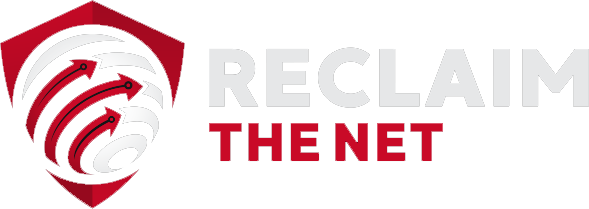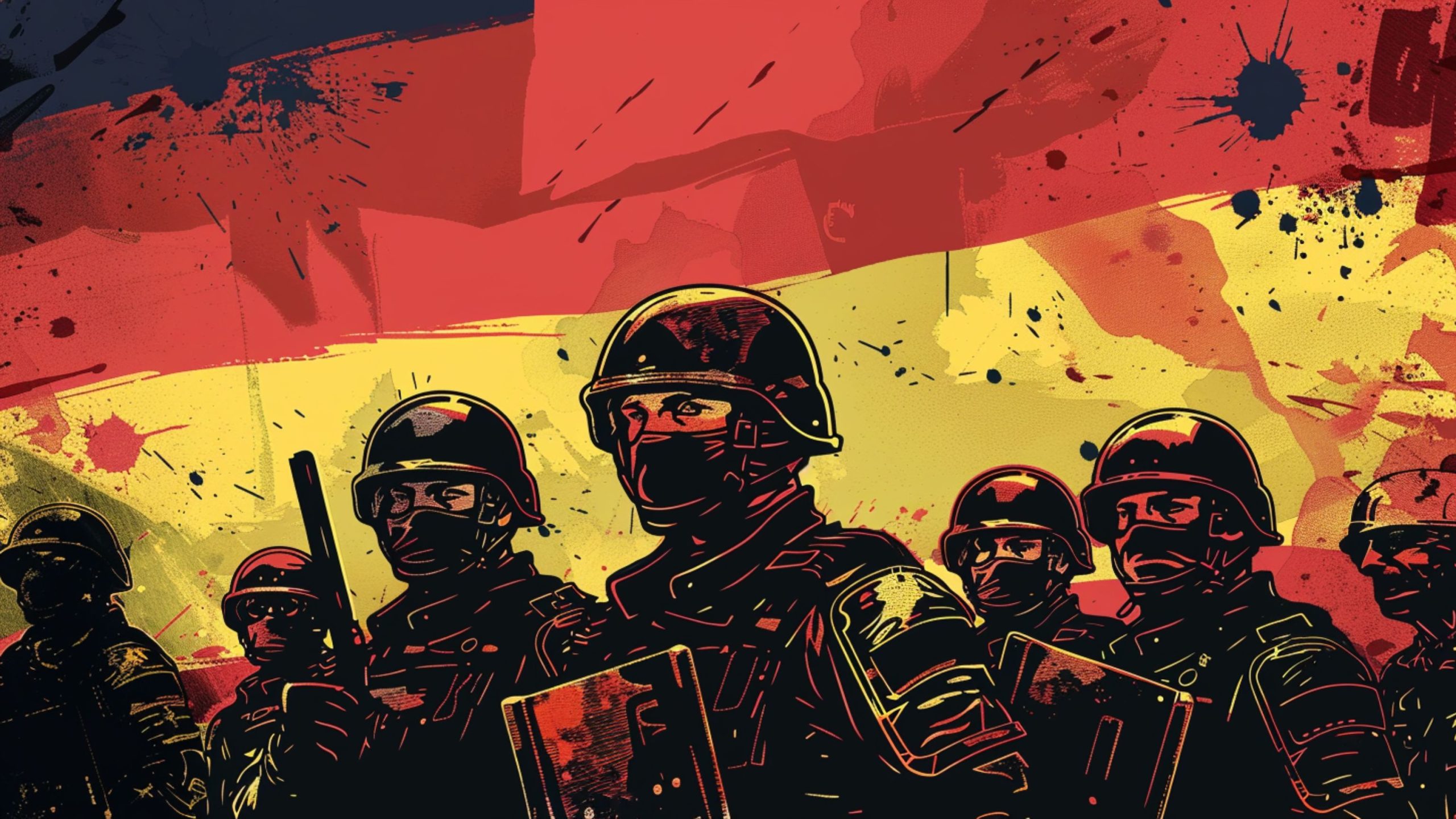Germany’s 2017 Network Enforcement Act (NetzDG) arrived as a supposed cure for the government believed were the internet’s worst tendencies — “hate speech,” “fake news,” and “extremism.” Lawmakers wrapped it in the usual self-congratulatory language: a “democratic safeguard,” a bold strike against the digital Wild West, a necessary measure to ensure civilized discourse online.
But peel away the noble rhetoric, and what you find is an all-too-familiar reality: an overreaching law that effectively privatized censorship, transforming Silicon Valley tech giants into unpaid government enforcers. Facebook, YouTube, and Twitter (now X) suddenly found themselves deputized as the speech police, forced to interpret German criminal law on the fly—or face financial execution.


